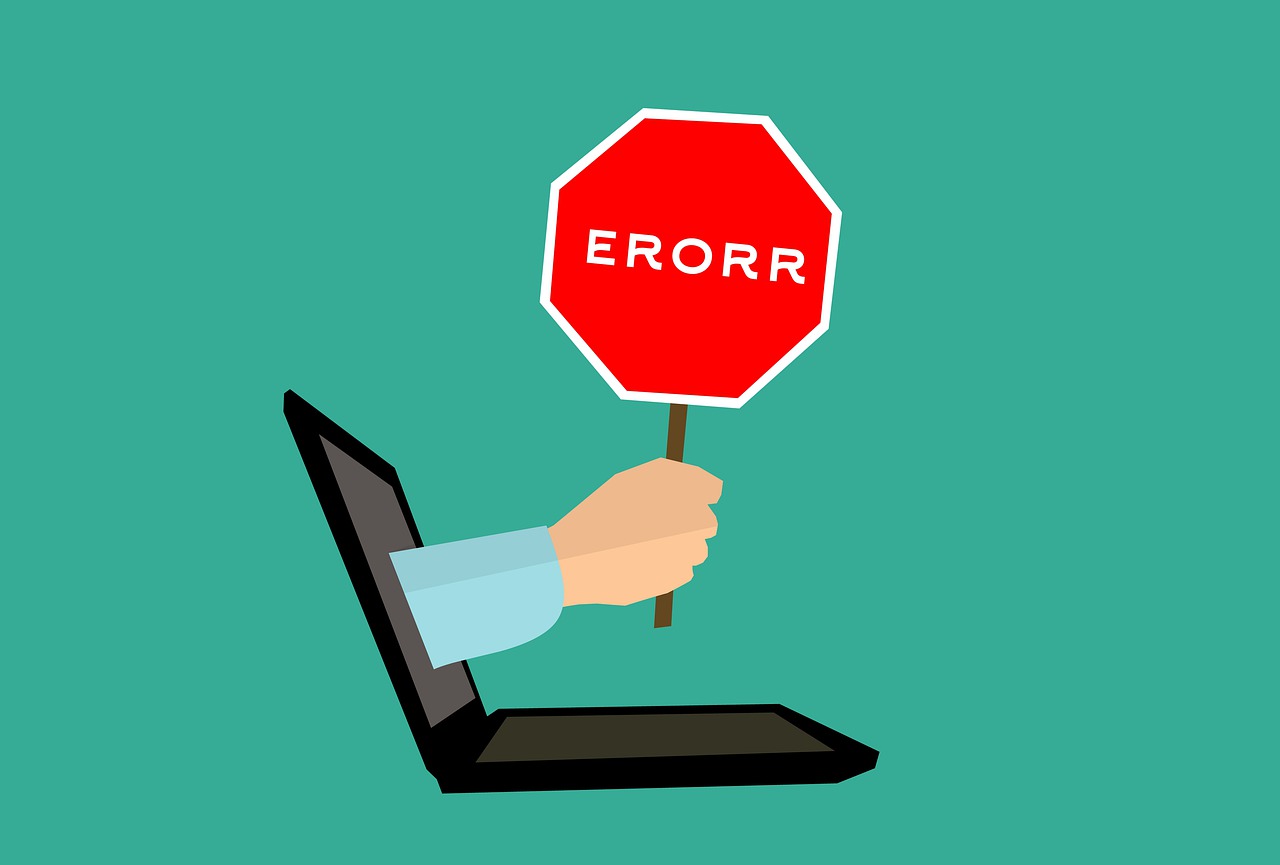Marc Chaikin, a venture capitalist and futurist, recently spoke at the World Economic Forum Annual Meeting 2017. His talk was about artificial intelligence (AI) and how it will affect health care in the future. He predicted that AI would make diagnosing diseases easier by analyzing medical records with big data analytics to find patterns.
There is also potential for virtual reality to be used as an alternative form of treatment for mental illnesses like anxiety or depression. If you are interested, you should check out nobsimreviews article on Marc Chaikin’s prediction for more information. Let’s look at how these things affect our lives:
The Meteoric Rise of Artificial Intelligence
 Artificial Intelligence has been a hot topic in the past decade. The term was first coined in 1956 by John McCarthy, who is also considered the father of AI. But what exactly is it?
Artificial Intelligence has been a hot topic in the past decade. The term was first coined in 1956 by John McCarthy, who is also considered the father of AI. But what exactly is it?
Simply put, AI is a process where a machine can learn from data and experience to improve its performance. This could include recognizing objects or faces in photos, understanding natural language, or playing games.
AI has already started to play a role in our lives. For example, many online retailers use machine learning algorithms to personalize each customer’s shopping experience. Facebook uses AI to identify friends and family in photos. And Google Maps uses it to provide directions based on current traffic conditions.
The Impact of Artificial Intelligence
The potential for AI in health care is vast. It could be used to diagnose diseases earlier and more accurately, provide personalized treatment plans, and even recommend doctors.
Virtual Reality: A New Frontier for Mental Health Treatment
 Mental health disorders are on the rise. In the United States, one in five adults experiences a mental illness each year. This includes depression, anxiety, and bipolar disorder. Mental illness is the leading cause of disability in high-income countries around the world today.
Mental health disorders are on the rise. In the United States, one in five adults experiences a mental illness each year. This includes depression, anxiety, and bipolar disorder. Mental illness is the leading cause of disability in high-income countries around the world today.
Virtual reality (VR) has been used to treat mental health disorders since the 1980s, when it was first introduced to psychologists by an engineer named Jaron Lanier. In VR therapy sessions, patients are immersed in a virtual world that simulates real-life experiences. This can help them to confront and overcome their fears or anxieties.
VR therapy is effective for mental health disorders, including anxiety, depression, post-traumatic stress disorder (PTSD), and phobias. It is even being used to help people with an autism spectrum disorder.
The Future of Healthcare
AI and virtual reality are two technologies that will significantly impact health care in the future. They can make diagnosing diseases easier, provide personalized treatment plans, and even recommend doctors. VR is also proving to be an effective treatment for mental health disorders and can help people with autism. The more you know, the more open-minded we will be for the future.…



 It Is Easy to Learn
It Is Easy to Learn



 The primary reason for installing a home security system is to ensure our valuables and loved ones such as children, senior parents and grandparents, and others are safe in our houses. Many incidents have happened of people losing priceless items like jewelry, electronics, and other highly-valued items due to break-ins into their houses.
The primary reason for installing a home security system is to ensure our valuables and loved ones such as children, senior parents and grandparents, and others are safe in our houses. Many incidents have happened of people losing priceless items like jewelry, electronics, and other highly-valued items due to break-ins into their houses.




 For effective recording and mapping locations, one needs a drone with super quality GPS and camera. More advanced drones will have obstacle avoidance systems to aid in effective and seamless navigation when using the drone. This is important because it not only ensures the efficiency of the drone but also ensures that the drone does not crash. This makes the drone more durable.
For effective recording and mapping locations, one needs a drone with super quality GPS and camera. More advanced drones will have obstacle avoidance systems to aid in effective and seamless navigation when using the drone. This is important because it not only ensures the efficiency of the drone but also ensures that the drone does not crash. This makes the drone more durable.
